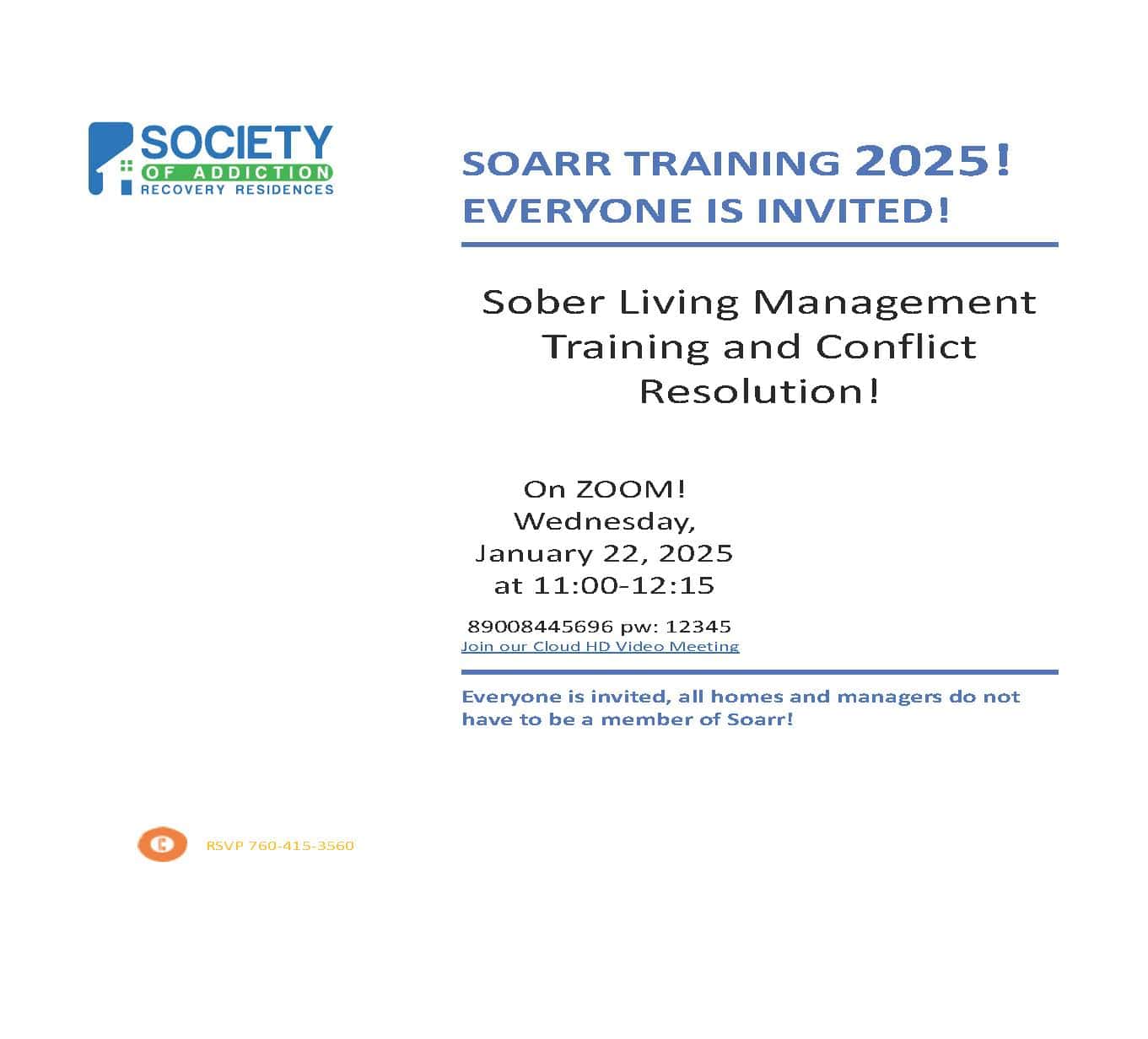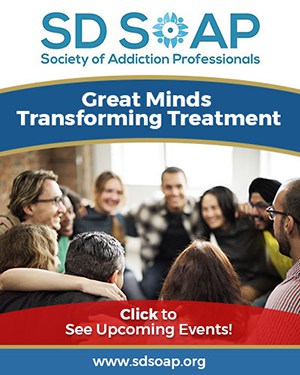Are you or somebody you love fooled by online addiction recovery disinformation? Many people who are addicted to substances struggle to get help, even when they know that they probably need it. Unfortunately, there’s a lot of truth as well as fiction out there on the internet. Disinformation also is passed on via word of mouth by peers.
What kind of disinformation is being passed on in the drug-using community? It’s often similar to the myths or stereotypes you may see on television.
Separating fact from fiction can help substance users get the help they need by empowering them with the right information to make decisions.
Common Addiction Recovery Myths:
- You have to hit a “real bottom” to get help. This is false; anyone with a substance use disorder can get help at any time and will be taken seriously. Addiction is a progressive disease if it goes untreated. You don’t have to overdose or go to jail.
- Insurance won’t pay for addiction treatment. Actually, the opposite is true; due to mental health parity laws, health insurers are required to treat addiction like the illness it is. Treatment is covered but you may have to get prior approval for some services.
- Things will be better next year/when my job is less stressful/etc. Substance use disorders are progressive and don’t get better on their own. A person may use drugs more during times of higher stress, but they often build tolerance and can’t stop using that amount once they’ve started.
- Medicaid doesn’t pay for treatment. This is disinformation. It’s true that some programs don’t accept Medicaid. However, many providers who work with Medicaid are able to offer telehealth and other services.
- Addiction is a moral failing. False, addiction is a disease. Substance use disorders are considered to be disorders of the brain, according to the National Institute on Drug Abuse. Addiction is highly treatable.
- Kratom/marijuana are good substitutes to help you quit opioids. This is a common disinformation ploy from the internet; both of these drugs are addictive and many people who try to use marijuana instead of opioids return to their drug of choice. Kratom can be physically addictive as well and has no known medicinal value.
- Marijuana/sleeping pills/kratom aren’t addictive. While there are some drugs it is less common to be addicted to, almost any mood or mind-altering substance has the potential for misuse, which can lead to addiction.
- My employer can fire me for being an addict. False! This is actually illegal! Unless you’ve been using drugs on the job, stealing, or otherwise doing things that endanger others, it’s possible that you could be fired. However, substance use disorders are covered under the Americans With Disabilities Act. You can’t be fired for a diagnosis or getting treatment. An employer also will typically have to allow you time to treat your addiction.
It’s common for people to pass on disinformation like above, especially when they’re nervous about seeking help. Helping combat these myths is important for healthcare practitioners, addicted persons, and their loved ones.
Disinformation is a barrier to people who need help but live with false beliefs. Please check our blog for more articles on addiction and recovery. Another great source for addiction recovery information is the Substance Abuse and Mental Health Services Administration.
About SOARR
The Society of Addiction Recovery Residences is an alliance of sober homes and addiction professionals. Together, these homes help people stay sober and set the standards for recovery housing.
To learn more about our organization or find a sober house, call us at 619-828-2001.





